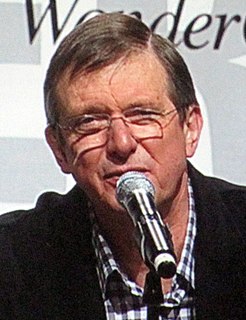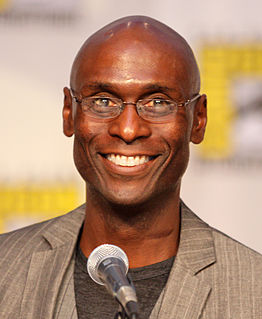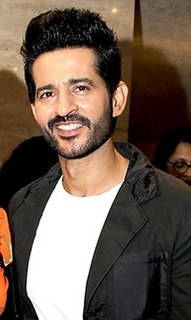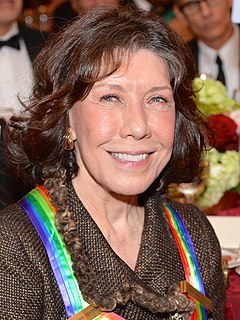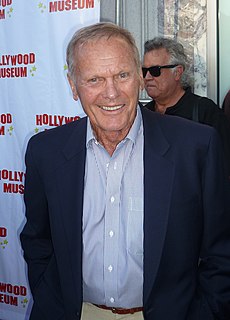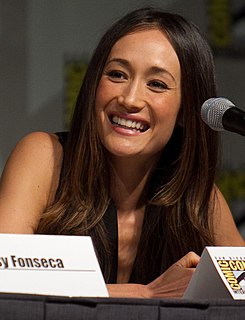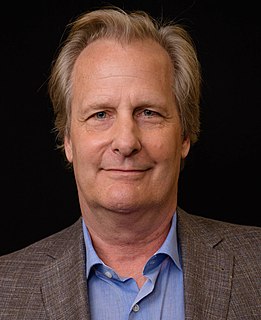A Quote by Mike Newell
I always wanted to work on films, and when I was starting in television in this country, in Great Britain, there really wasn't any film to be made.
Related Quotes
My father did think I should get interested in television. But I had very little interest in television and it wasn't something I wanted to do. I really never thought about going to work on big feature films in Hollywood. But when we made The Householder, Columbia Pictures bought it. Who would have ever imagined?
I made a commitment to myself: that I wanted to be an actress, and I wanted to do films that make a difference. Whether it makes someone laugh, or it has a moral to the story - it doesn't have to be an ethical film, but it has to move people. If it doesn't excite me, it's not worth doing - it's better to work on myself and my own life and wait until another great thing comes along.
Once in a while a good opportunity would come along, like the first 'Playhouse 90 ever to air - working in television afforded me my best opportunities. The (film) industry was going through such turmoil at the time - studios didn't know where to go anymore, they were falling apart, television was there. They didn't know what kind of films people wanted. The European films were making a huge impact because those films wanted real people in real situations.
In any film business, if you're trying to get your next film made, you would never say, 'Oh, my last film was a cult film.' I'd say, 'Oh, great, well I hope this one isn't!' I always say to Johnny Knoxville, 'How do you do it? You sort of do the same thing we did, except you made millions, and I made hundreds.'
I suppose it's nice that I've made films that some people have heard of and respect. That's great. And it's certainly helpful in some regards, but they're really tough economic prospects. They always have been, and that's not necessarily getting any better. And not just the films, but it's also been a rough 10 years for that independent film market. And so I have stumbled onto this point in the timeline where the kind of stuff that I'm trying to do is not... it was a lot easier to know what to do with it 20 years ago.
